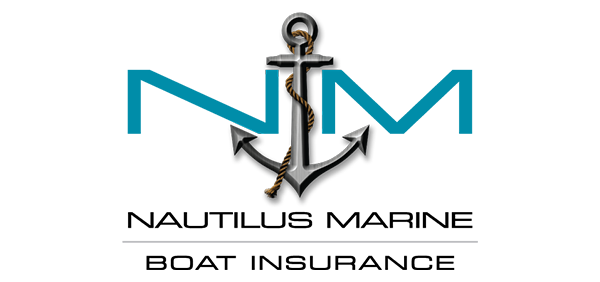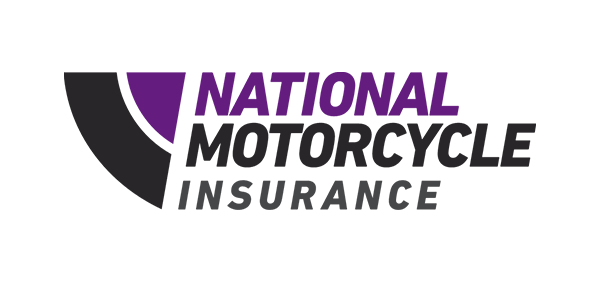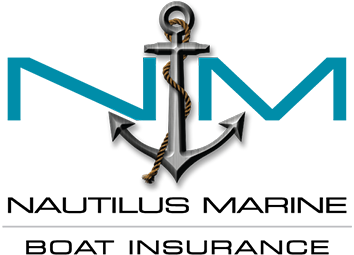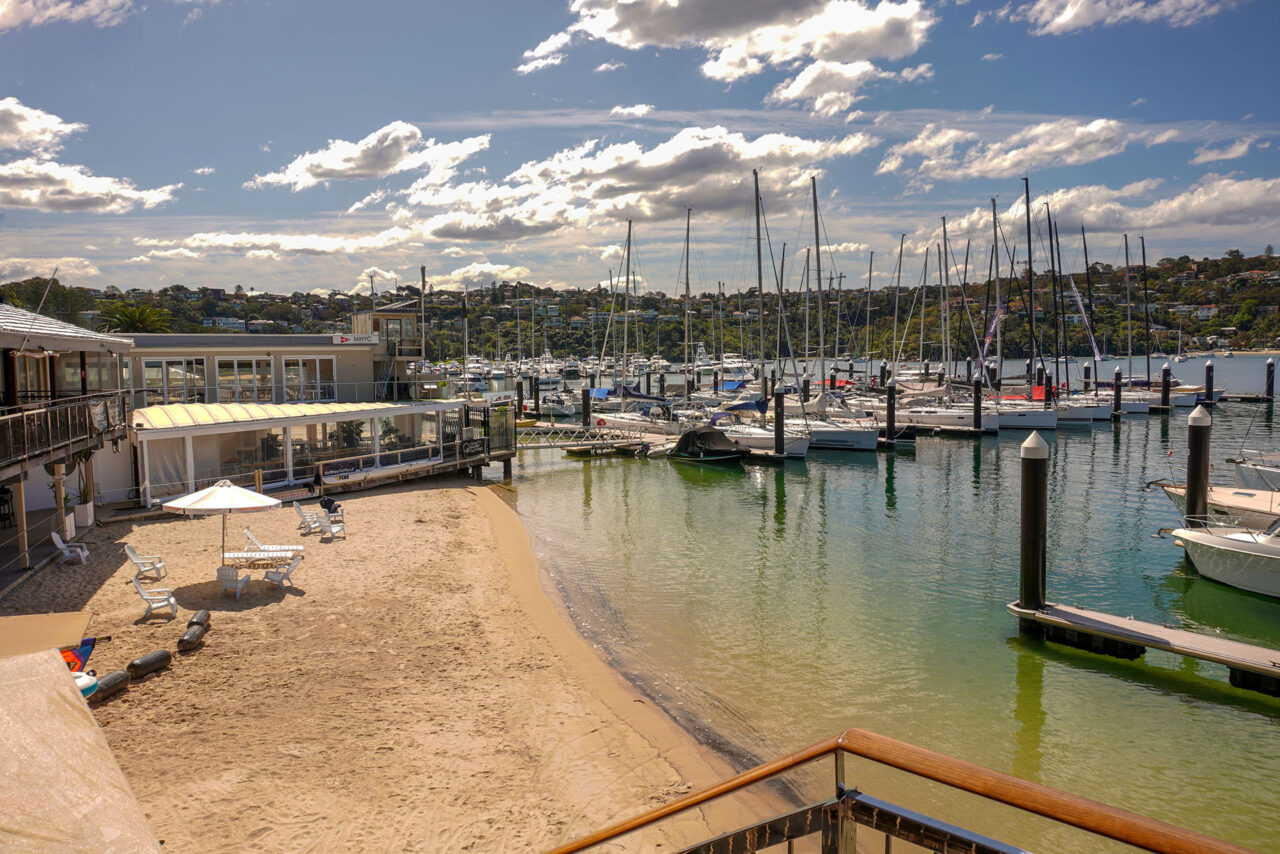
Chris Baker, our Head of Underwriting – Industry Lines, shares some advice for yacht club owners and operators in the latest issue of the Marina Industries Association’s Waterline magazine.
Insurance for yacht clubs is vital. Not only does it help protect your assets and guard against any liabilities to others that may arise from operations, but it is also an important tool to minimise disruption to your business should an incident occur.
Nautilus Marine Insurance provides a comprehensive suite of insurance products to address these exposures. A dedicated and implemented risk management process should also be embedded in all club activities to deal with these exposures.

Chris Baker
Head of Underwriting – Industry Lines
Risk management tips to mitigate your exposure
- Contractor controls, such as permits to access, should always be in place. As a rule, generally, no insurance = no site access.
- Ensure all contractors are adequately supervised and follow a safe system of work while on your premises.
- Have after hours security procedures in place.
- Keep up to date with WH&S procedures and safety standards for all equipment.
- Conduct regular checks for potential trip hazards and document.
- Ensure all ‘hot work’ conducted on site is in accordance with all relevant legal and industry standards.
- Record the insurance details of all customers prior to berthing, including their liability cover. In addition to these marine activities, yacht clubs also have increased exposure to claims arising from their clubhouse operations such as cooking and service of alcohol.
- Ensure all staff serving alcohol have appropriate qualifications for the region/state/country legislation you are operating in.
- Document an emergency evacuation procedure for functions and events and ensure event attendees are briefed.
- If your club has a dance floor, make sure it does not get too overcrowded. Adopt a no drinks on the dance floor policy and make sure this is enforced.
- Slip and fall claims can be very expensive and affect your future premiums/ability to buy insurance from other markets. Do you have a recorded and documented cleaning procedure?
- Security – is this in-house or contracted out to a specialised company? Consider controls to ensure you are confident any after-hours security is performing their role.
- Make sure all kitchens and cooking facilities are well maintained and routine cleaning of deep fat fryers, extractor fans etc is scheduled and documented.
- Ensure smoke detectors are linked to the nearest Fire Station and monitored and regularly tests.
- Is the water pressure adequate to extinguish fires – this needs to be tested per standards in your region/state/country of operation.
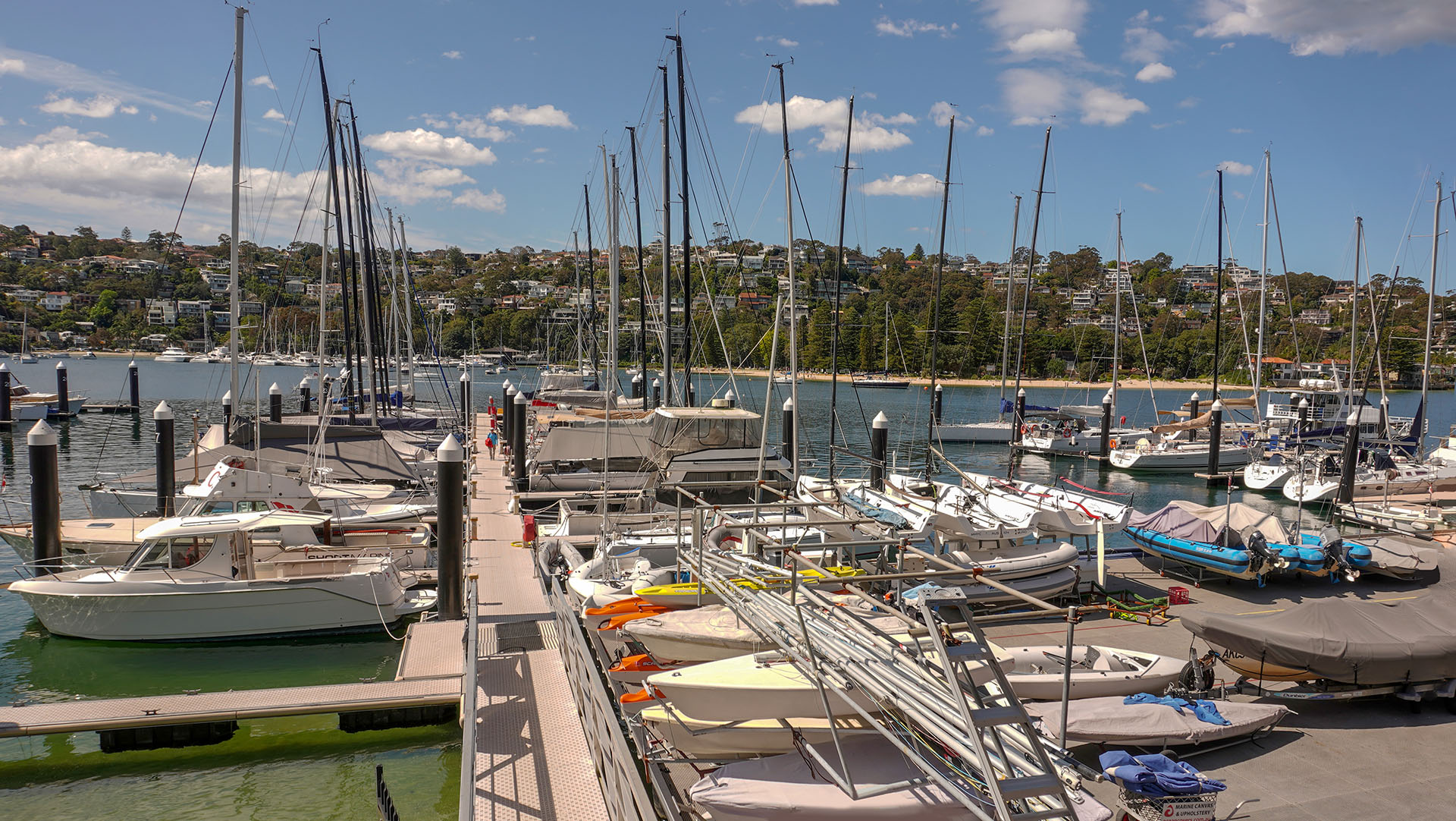
Engaging with an insurance broker
Nautilus Marine Insurance only transacts insurance business through insurance brokers. Insurance brokers operate independently of insurers, they work for you as your adviser. They should be impartial and should act in your best interests, at all times.
It is important to engage with an insurance broker who understands the marine industry. When speaking to your broker about information required by Insurers, it is essential to provide as much information as possible to help secure the best possible terms and avoid the Insurer making assumptions.
Highlight membership with the Marina Industries Association (MIA) and any accreditations that you have received such as Gold Anchor and Clean Marina. These programs demonstrate a good level of operational competence and risk management.
It is advantageous that your insurance solutions provider has an expert local claims team to support you should an incident occur.
Common risk exposures and claims
Damage to boats in your care: You have a duty of care, and a legal liability, to ensure that all customers and other third-party property is looked after while at your premises.
Fuelling activities: Pollution to waterways and other property damage can result from fuelling activities. Risk management practices in the Clean Marina Program can help you manage this risk.
Water damage to vessels: reminder notices to boat owners are very useful.
Incorrect boat storage on stands: poorly maintained stands, or stands with inadequate weight capacity, present a significant risk. Bad weather conditions also need to be considered as a factor for hard-stand facilities.
Spray painting: overspray from workshops could cause damage to surrounding property.
Contractor injuries or damage caused by contractors: injury claims can be very costly and take many years to be settled.
Customer accidents: slip and fall claims from customers are common, especially when getting on and off vessels. After hours risk management: procedures must be in place for out of hours risk management, especially in terms of weather events.
Weather damage to facilities: storm damage to floating assets such as wharves, piles and jetties are common risks.
Fire risks: we have seen claims from fires that start on a customer’s vessel and spread to the marina and other vessels at the marina. The marina operator can be held liable for damage to other customers vessels at the marina.
We hope you have found these insights useful. As you can see, most of these exposures and risk scenarios can be minimised by the implementation of documented risk management procedures.
Read the latest issue of the Marina Industries Association’s Waterline magazine here. To find out more information about the MIA visit www.marinas.net.au

